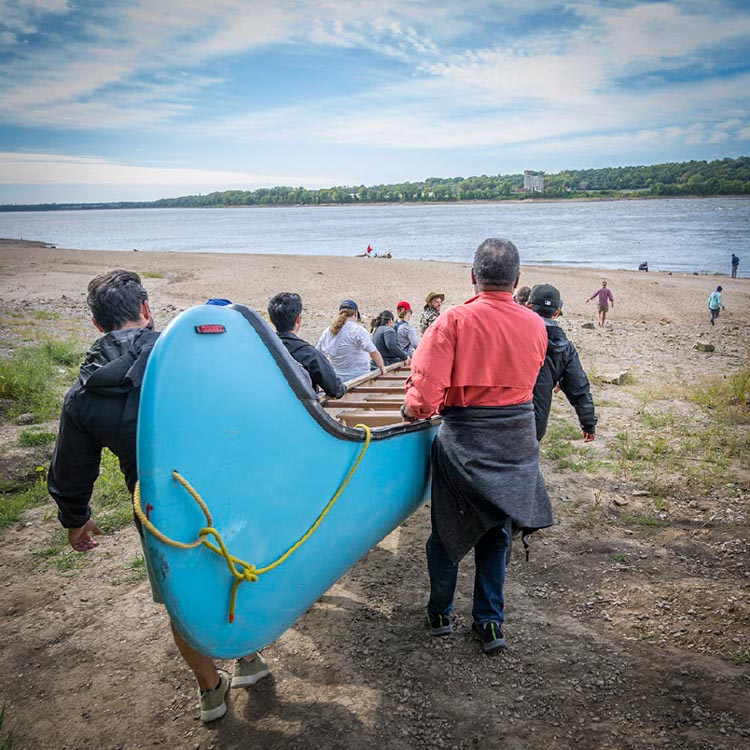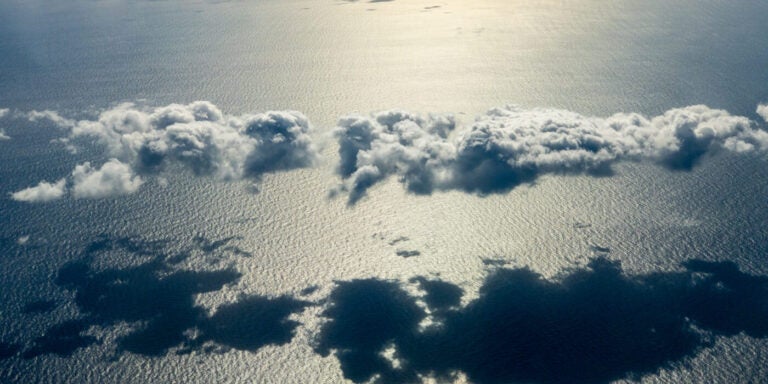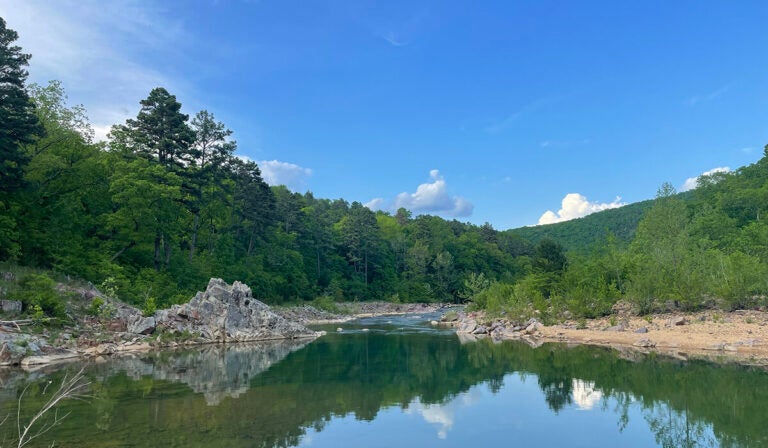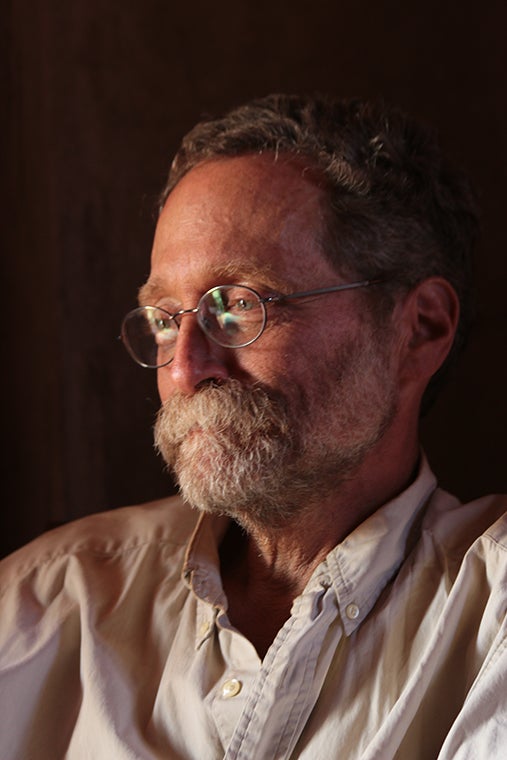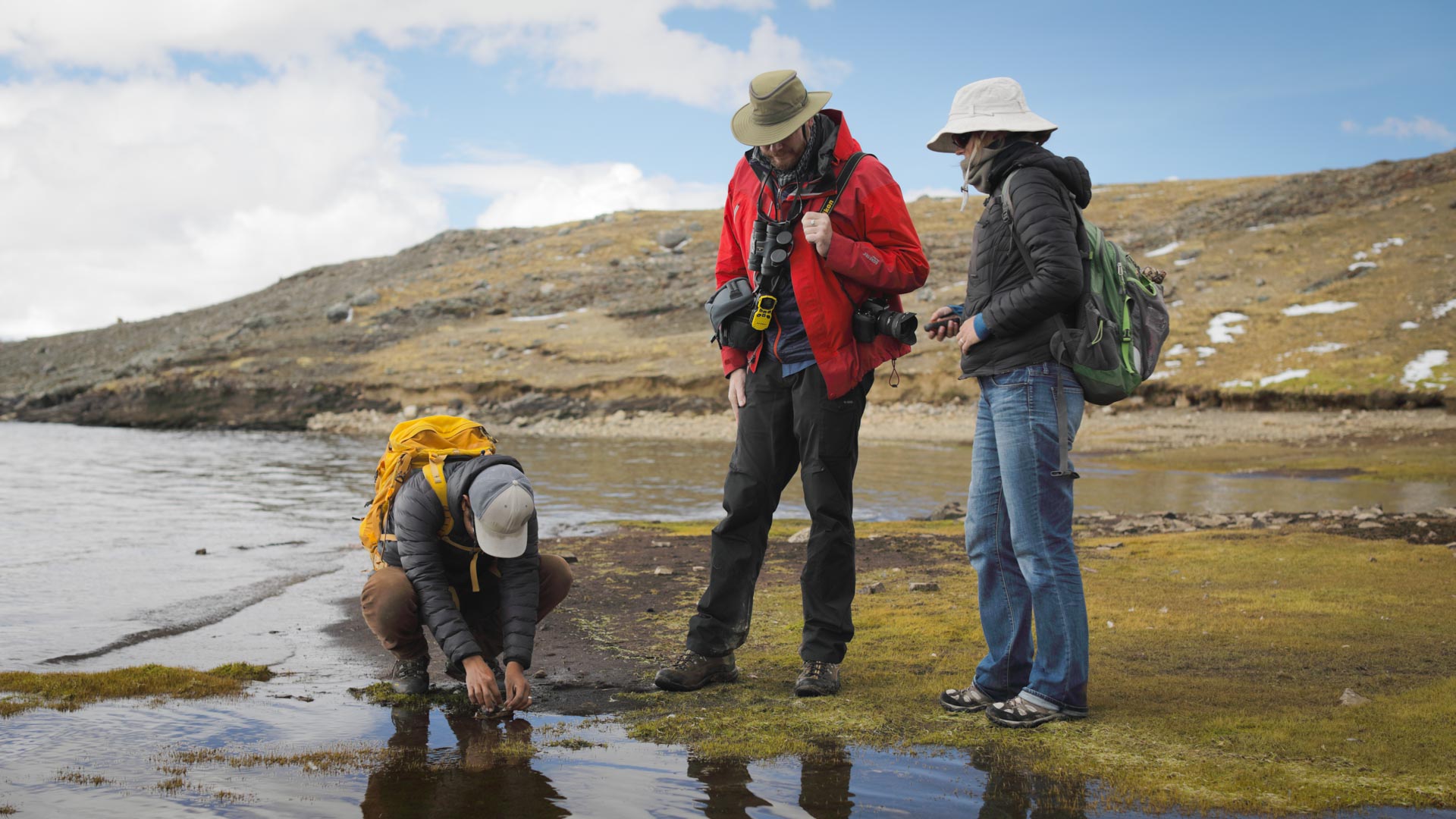
The Center for the Environment is an interdisciplinary hub of environmental research that is committed to generating transformative solutions to our deepest societal challenges including: climate change, air pollution, access to clean water, food insecurity, biodiversity loss and infectious diseases.
By the numbers
87
Center scholars
7
Proposals/Grants supported
500+
Activity participants
62
Journal articles published
Jan-April 2024
The Center’s mission
The center serves as a cross-cutting collaboration hub, encouraging partners, faculty and students to advance research projects in areas including biodiversity, environmental justice, planetary health, environmental solutions, and climate change. Here’s a closer look at who we are, what we do, and why it matters for our community, our region and our world.
Featured research & stories
Scientists find new way global air churn makes particles
Researchers at Washington University in St. Louis have discovered a new mechanism by which particles are formed around the globe, often high up in the troposphere.
Top picks for summer hikes
Student leaders say the region boasts plenty of natural beauty and share their favorite natural spots in the St. Louis region.
Obituary: Stan H. Braude, professor of practice in Arts & Sciences, 62
Stan Braude, a professor of practice in biology and in environmental studies in Arts & Sciences at Washington University in St. Louis, died at home Saturday, June 1, 2024, after a short illness. He was 62.
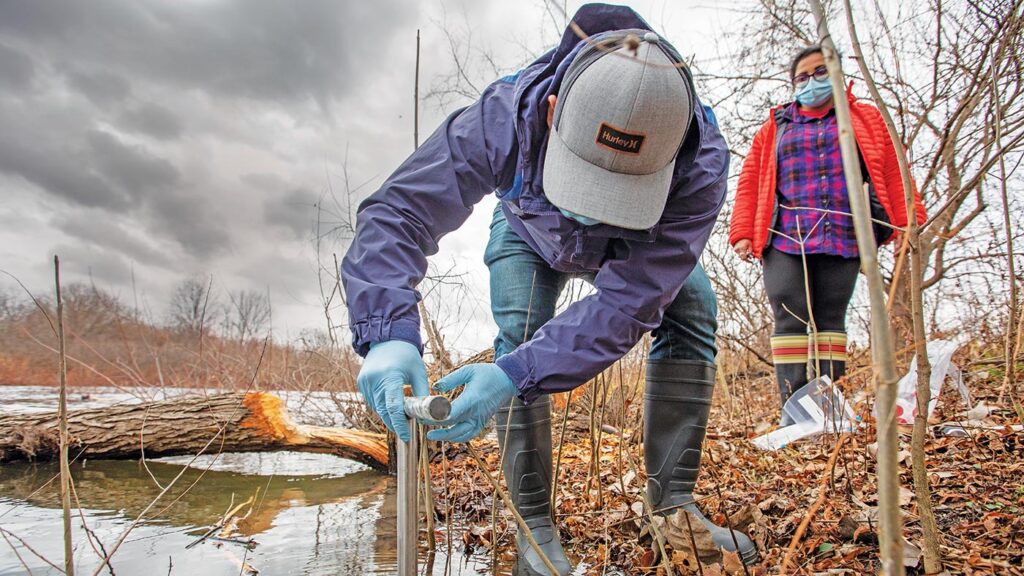
The WashU ecosystem
Within the WashU ecosystem of environmental research, education, and practice, the Center for the Environment serves as a connector. Much like a biodiversity corridor, we work to create space where our partners within the ecosystem and across distinct disciplines come together to address our world’s biggest environmental challenges.
In the news
Connect with us
Upcoming Events
